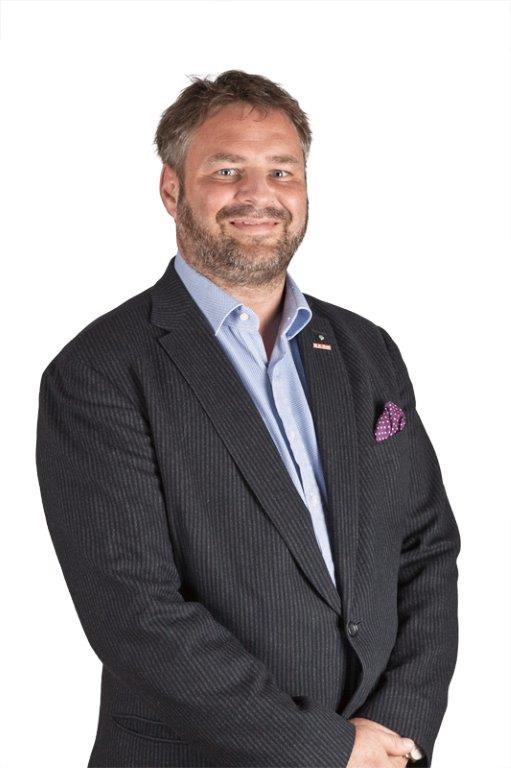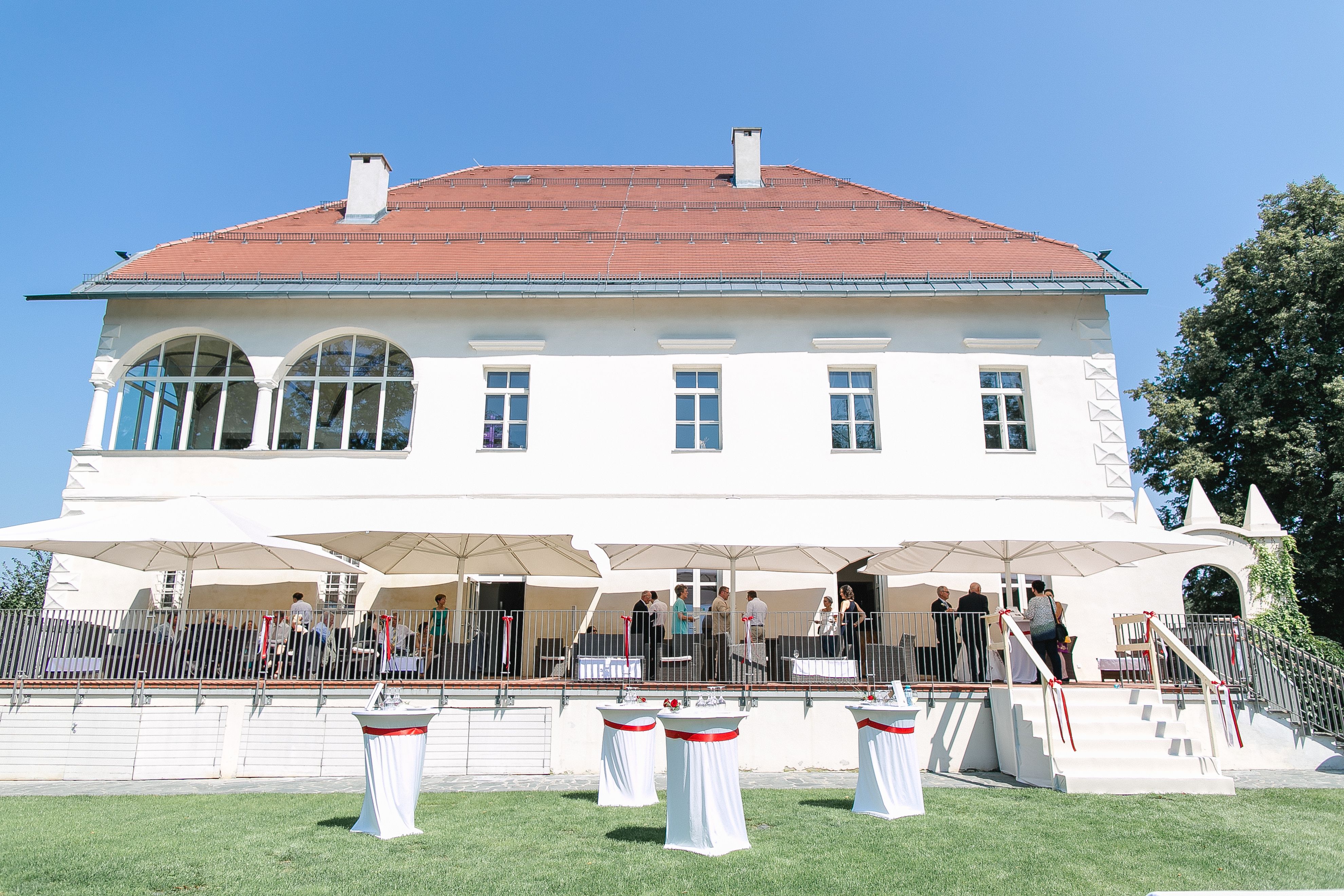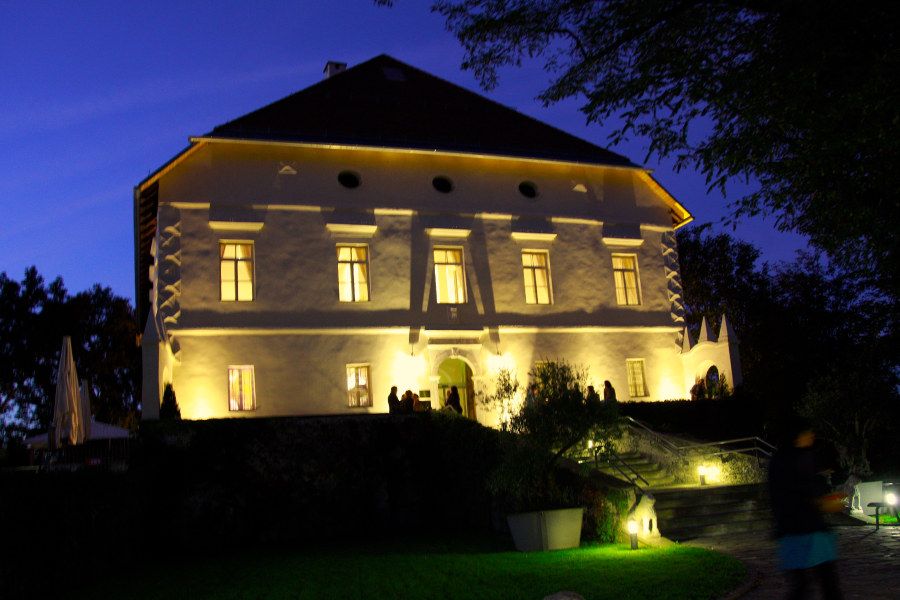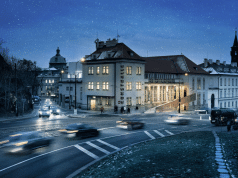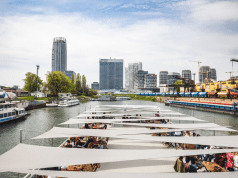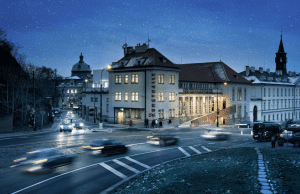Adolf Kulterer, Chef and Manager at Schloss Maria Loretto
“You cannot prepare the same event for a meeting of a financial corporation as a factory workers’ event. The plan is crucial and you have to know your clients.”
PERSONAL BACKSTORY
Q: How did you get into the meetings industry?
I fell in love with this business when I was only five years old. My mother opened her own business (they are celebrating their 40-year anniversary this year), so from kindergarten on I always helped around the kitchen, cleaning the dishes and cleaning tables and I always worked with my mother during the summer breaks and weekends.
When I finished primary school I was quite lazy, so my mother said I should go to culinary school. After training as the cook I did my military education and went to work on a cruise ship.
In 1993 I came back from Switzerland and wanted to go to Dubai to work as a sous-chef and my mother asked me if I could stay just one summer in Carinthia. I met my first wife and then it was game over. If I went, I believe I would not have come back, because when you have a main position as an international chef you hardly come back home. I was the first cook in a 5-star hotel when I was only 20 years old and if I started to make my career, I believe I would work more internationally.
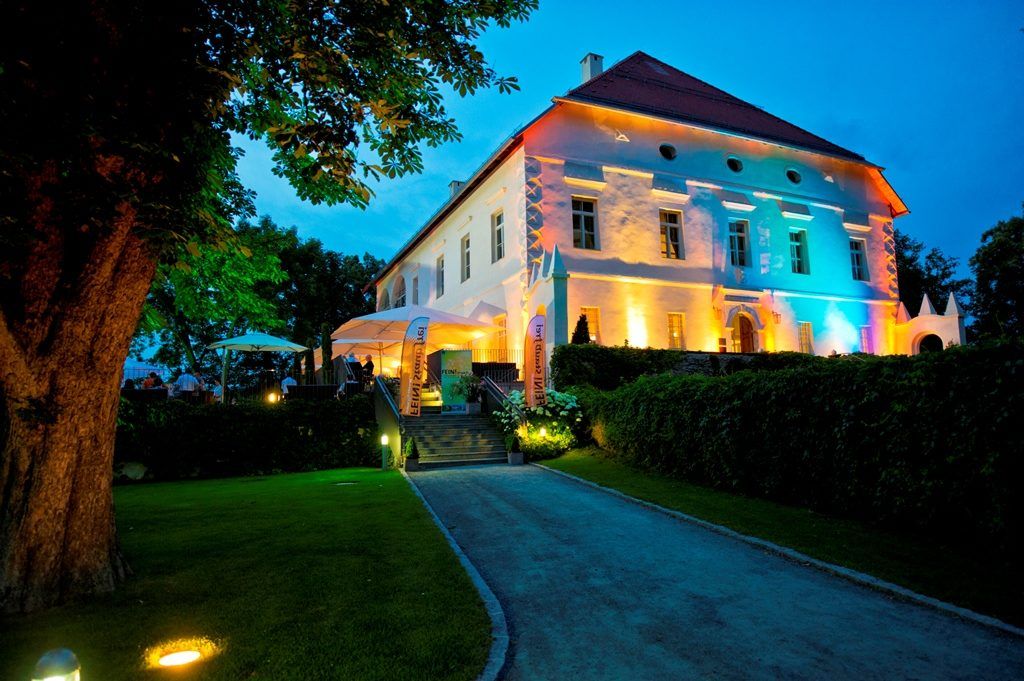
EVENT LOCATION FIT FOR ROYALTY
Q: What would make your job easier?
I guess that the main problem for all businesspeople in Austria is legislation. We have too many laws in Austria, too high taxes, too many safety laws…I need to spend half my time working on bureaucratic issues and that takes away time for focusing on the real deal – the people I work with and the guests. And one more problem is a problem of small places i.e. the jealousy of people and standing out from the crowd. People have no respect for businessmen here. When you make money people are always your friend, but if you lose it everyone likes to point fingers.
Q: Do you ever turn business away?
Yes, but mostly if we are fully occupied or if the client can’t pay the deposit for the venue. We usually do huge catering events, so we need the reasurance that the organiser can pay. For example, we had two fake weddings here, where people come and discuss the whole event and later you realize they cannot pay for it.
We have a lot of business events and usually they choose one of two options – we have a seminar room for 60-80 people and after that people usually have lunch in the garden, or they only have a business dinner here.
Q: What’s your top tip for event planning?
Good planning is crucial. You need to have a great plan and a financial plan. Problems can occur if you already have a picture in mind of the kind of event you want, but the budget doesn’t really allow for it.
They need to know what they can afford and be open about what you can get for the money you have. I always give suggestions.
Q: What are the biggest challenges facing the meetings industry in your sector?
It is important to know where people are coming from and if they have arrived here a day before or have they come directly to your event, if they are coming to your event from a nearby hotel or if they drove directly. That tells you what kind of food you need to prepare.
You cannot prepare the same event for a meeting of a financial corporation as a factory workers’ event. The plan is crucial and you have to know your clients. I think people often forget about it and prepare universal programmes for all of their clients. You need to serve their specific needs and need to know what they would expect, even before they ask for it.
Q: What do you enjoy most about being a TOP special venue?
When all the clients are really relaxed at our location. You see people who come with really expensive shoes and then they just flip them off and walk barefoot on the grass. You see how everyone coming to our place can really relax and feel good. No matter whether it’s a child or a grandfather, I think the energy of the place is really soothing.
Q: What has been you most memorable event and why?
I would not like to state any names, but I was really impressed by the organisation of one wedding in particular. It was a Russian wedding, the wedding of important clients of the biggest car factory in Germany and they did not have any wedding planner. We put a huge tent outside on the lawn and three days before the wedding I didn’t know anything about it. We had one meeting three days before and everything was in place. It was a great example of what good and professional preparation looks like.
Q: How is the value for money for European planners?
It is a huge diference between Russian, German or Turkish events. German organisers like to have everything planned out, even though if it is impossible that everything will go according to a plan. They need reasurance of how everything will pan out. For others, improvisation is a bit easier. By and large the way it is planned out is how much can you improvise on it.
We have 60% Austrian weddings and 40% from all other parts of Europe. People usually hear about us from mutual friends.
Q: What would be good advice for future generations starting their own business in hospitality?
You need a minimum of a half million dollars in the bank account. No, but seriously, you need to survive the first two years, and have a very powerful women in the background who is supporting you.
The problem with young start-ups is that they cannot get the money to evolve. You need the support of the family, who can help you to grow step by step.


